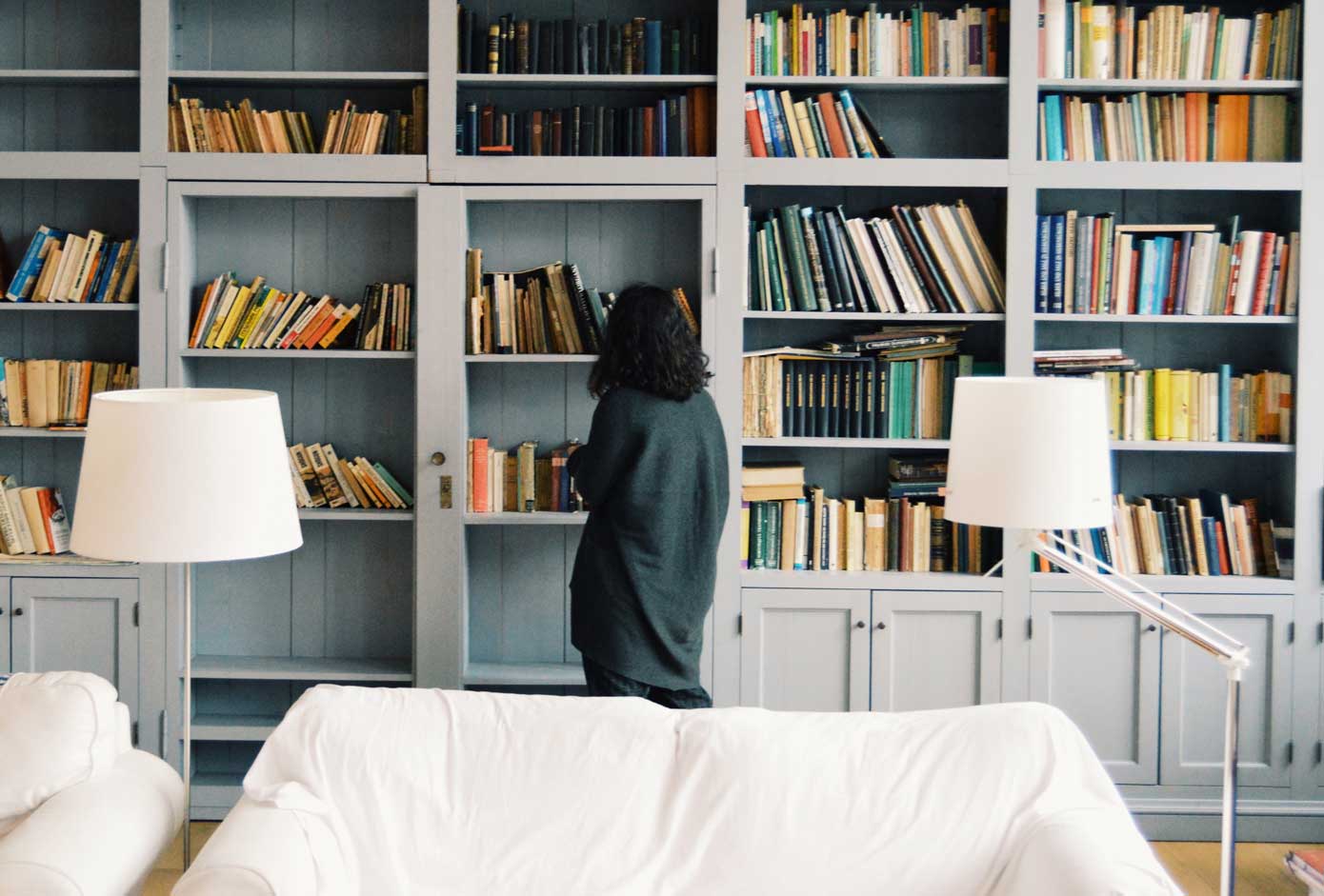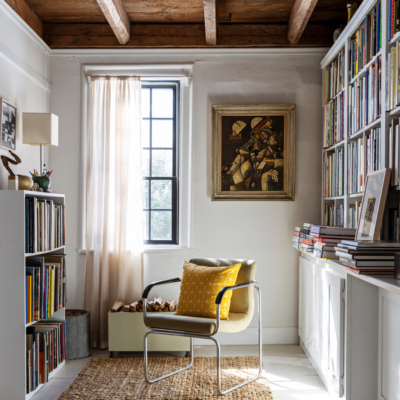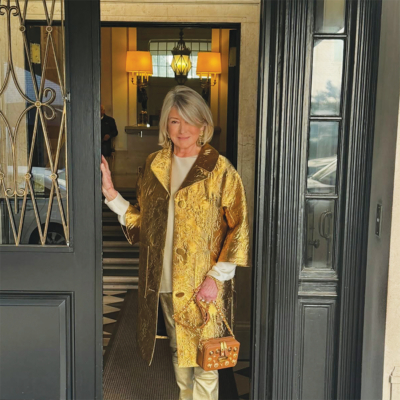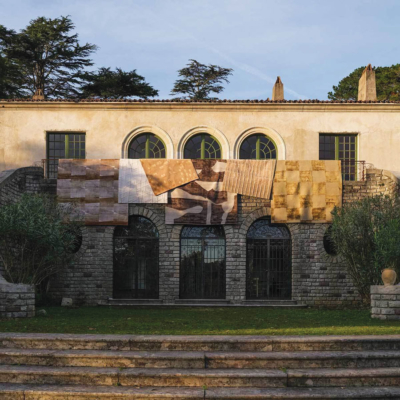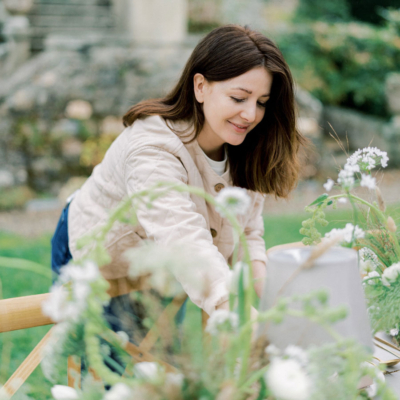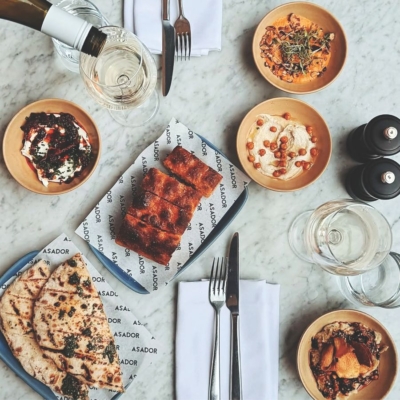For some, lockdown disrupted reading rhythms and blasted powers of concentration, for others it was a chance to introduce some diversity to their bookshelves. Three avid readers share their recommendations …

Sarah Harte is currently finishing her first collection of short stories and won the Bryan MacMahon short story award at Listowel Writer’s Week in 2019,:
“Last year, yakking with friends about books, I realised that for too long I’d been reading in what we’ll call an Anglo-American-Irish canon. I read more widely when younger but gradually over time my focus started to narrow. Chalk it up to laziness, habit, life getting in the way.
I have found that engagement with just one new writer can lead you down many interesting rabbit holes. You end up pinging all over the place, enriching your reading life in the process.
An interesting interview in The Southword Literary Journal led me to Yiyun-Li, a Chinese American author, and the wonderful slow incremental disclosures in her short stories and novels. Topics covered range from lives damaged by China’s charged political situation, to the fallout from the Cultural Revolution, the suicide of her teenage son, the challenges of the migrant experience, shifting country, culture and continent, and her dislike of the English word I, which she considers “melodramatic”.
Yiyun-Li says she learned to write from reading William Trevor. Her novel Kinder than Solitude was inspired in part by reading Elizabeth Bowen, another great Irish writer, specifically The Death of the Heart. Read her new story in The Decameron Project, a collection of short stories commissioned by The New York Times in response to the pandemic, which includes a story by our own Colm Tóibín. Called Tales from the LA River, he writes about lockdown with his boyfriend, freewheeling gleefully down LA hills on a bicycle, and deciding how it might be a very good time to begin reading each other’s favourite books. Piggyback from this suggestion and ask your most bookish pal what their favourite books are. Support your local bookshop, and solicit staff for tips on readers they love to read explaining that you want time out from the bestseller section.
Another great port of call for experiencing new writers is The Stinging Fly Magazine. In Issue 42 (Volume Two, Summer 2020), I read for the first time Aude, a Quebecois writer whose real name is Claudette Charbonneau-Tissot. I also very much enjoyed The Little House by Yan Ge, a Chinese literary sensation from the Chengdu province who, in 2015, moved to Mayo for a time.
Another stratagem is to browse the bookshelves of family and friends in a socially distant way. In the context of the #BlackLivesMatter movement, and the seismic events of summer 2020, I found James Baldwin’s Another Country on a shelf at home. It’s an eye-opener, stripping bare racial discrimination. First published in 1962, set mostly in Harlem and Greenwich village with a quick dash to France, this book illuminated for me how shockingly little has changed in 58 years in terms of the brutal struggle of the black community in the US.
Through the prism of interracial sexual relationships and friendships, Baldwin sets out his stall, in the process skewering often well-meaning but clueless white liberal empathy, debunking the idea that many of us in any way understand the endemic racism embedded in societal structures and in the thinking we have unwittingly grown up with. There’s nothing passé about this book, it’s incredibly relevant.
Of course, there’s nothing wrong with re-reading old friends. In tumultuous times, favourite books are like comfort blankets giving much-needed succour, but it’s limiting to exist in a literary echo chamber, having your norms, perspectives and world view reinforced.
Far better, surely, to have the conventions we adhere to in our quotidian lives shaken up by travelling through books and gaining fresh insights into an increasingly fractured world.
Last word perhaps to Carl Sagan. “One glance at a book and you hear the voice of another person, perhaps someone dead for 1,000 years. To read is to voyage through time.”

Aoife Mannix is an author and poet who also has her own blog Living As An Alien.
My mother taught me to read when I was four. For the next 20 years, the vast majority of books I read were on her recommendation. Everything from the wonder of the tiny people under the floorboards in Mary Norton’s The Borrowers to the dystopian horror of Margaret Atwood’s The Handmaid’s Tale were thanks to her voracious and wide-ranging taste. It was only when she died that I realised how I had depended on her for this, as I had depended on her in so many other ways. Now there was no one to shove well-worn volumes into my hands or ring me up to say how I absolutely had to read the latest Booker Prize-winner – I was in unknown territory.
The last book my mother insisted I read was Arundhati Roy’s The God of Small Things. This debut novel by an Indian writer transports you to Kerala in the late 1960s while opening a window on the essential nature of what it means to be human. “Little events, ordinary things smashed and reconstituted. They become the bleached bones of a story.” This idea of reading as both a journey into the unknown continues to inspire me to find books that are diverse and exciting. I recently read Bernardine Evaristo’s Girl, Woman, Other which follows the lives of twelve women, most of whom are black and several of whom are gay. They range from teenager to great-grandmother but all of them are complex, flawed, and fascinating in their struggle to make sense of contemporary Britain. Diana Evans’ Ordinary People opens with a party thrown to celebrate Obama’s inauguration and the hopes of black and mixed race people in the UK. It goes on to dissect the challenges of marriage and fidelity among middle-class parents in a way that is utterly compelling and insightful.
The past may be a different country, but it’s also where the roots of our current dilemmas lie. Andrea Levy’s Small Island begins in 1948 and portrays with shocking clarity the racism in London before and after the Second World War. It is political, funny and heartbreaking. I am currently reading Anna Burns’ Milkman. Set in Northern Ireland during The Troubles, it looks at how a culture of violence and intolerance is fertile soil for misogyny and sexual harassment.
Before that, I read the wonderful Maggie O’Farrell’s memoir I Am, I Am, I Am. Her description of an encounter with a murderous rapist is utterly chilling. It is told with the same understated courage with which she recalls other near-death experiences, both as a child and as a mother. Sinead Gleeson’s Constellations is a collection of essays about her experience of pain and the female body. It is beautifully written and uplifting even as it examines such difficult territory both personally and politically. Notes to Self by Emilie Pine is another memoir consisting of essays covering everything from her relationship with her alcoholic father to being a workaholic. It is the unapologetic power of telling her truth that makes this book essential reading for anyone who is prepared to go beyond their comfort zone.
Finally, I would recommend Roger Robinson’s poetry collection A Portable Paradise. The title poem describes his Trinidadian grandmother instructing him to always carry paradise with him: Shine the lamp on it like the fresh hope/of morning, and keep staring at it till you sleep. Political, personal, and spiritual, it’s a book to keep with you whenever you need to dip into wisdom.

Sarah Halliwell, Beauty Editor, THE GLOSS Magazine
Everyone should read Colson Whitehead’s The Underground Railroad, set in the Deep South of the 1850s – brutally brilliant, urgent and utterly compelling, it’s being made into a drama by Moonlight’s Barry Jenkins and is a devastating read, tracing Cora’s desperate attempts to escape captivity in a Georgia plantation. And The Nickel Boys, which won Whitehead a second Pulitzer Prize, based on the true story of a Florida reform school, is equally breathtaking, shining a light on the very darkest corners of history. I re-read James Baldwin’s Giovanni’s Room, set in Paris in the 1950s, during lockdown – I loved it as a teenager and I’d forgotten what a passionate and atmospheric love story it is.
LOVETHEGLOSS.IE?
Sign up to our MAILING LIST now for a roundup of the latest fashion, beauty, interiors and entertaining news from THE GLOSS MAGAZINE’s daily dispatches.






